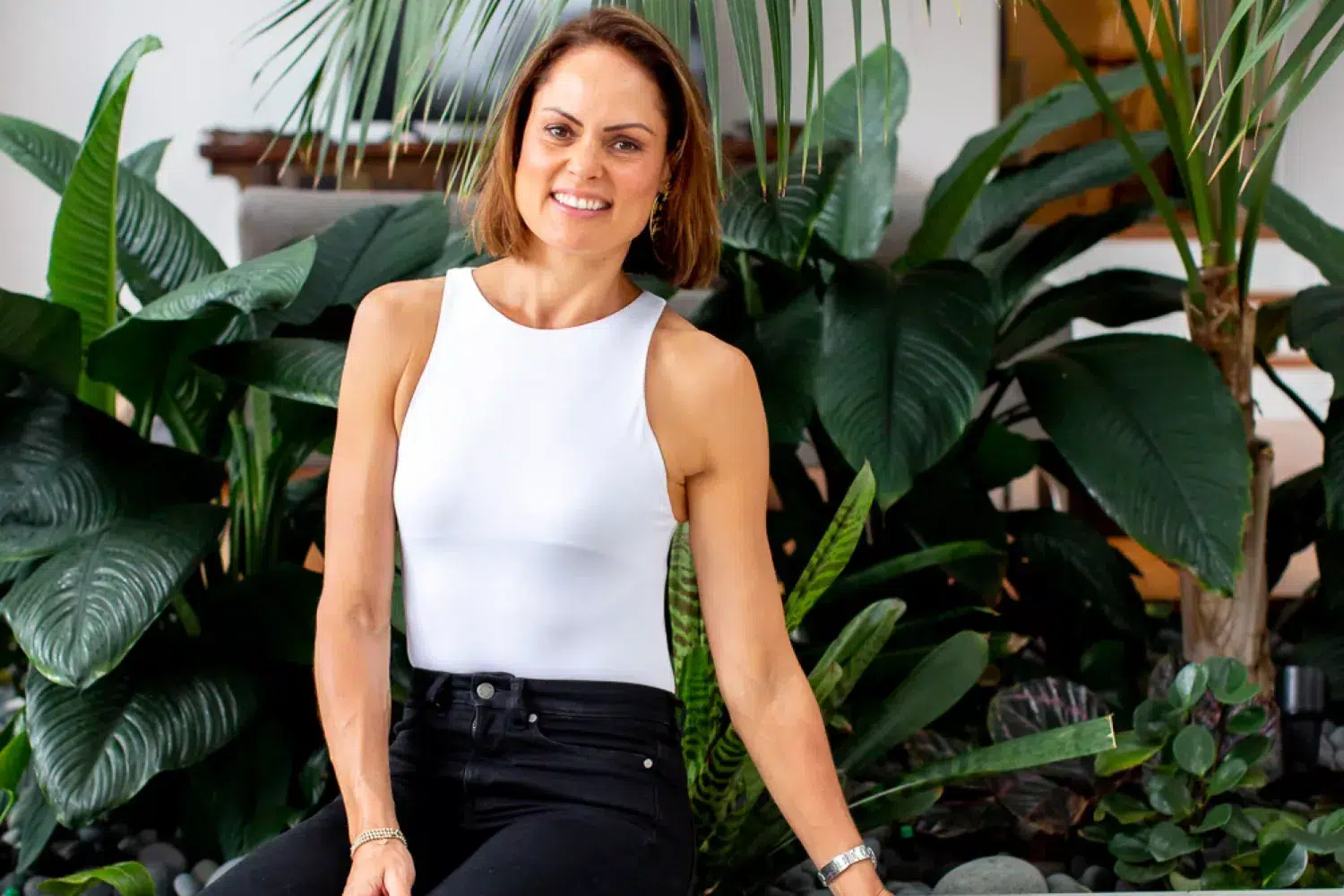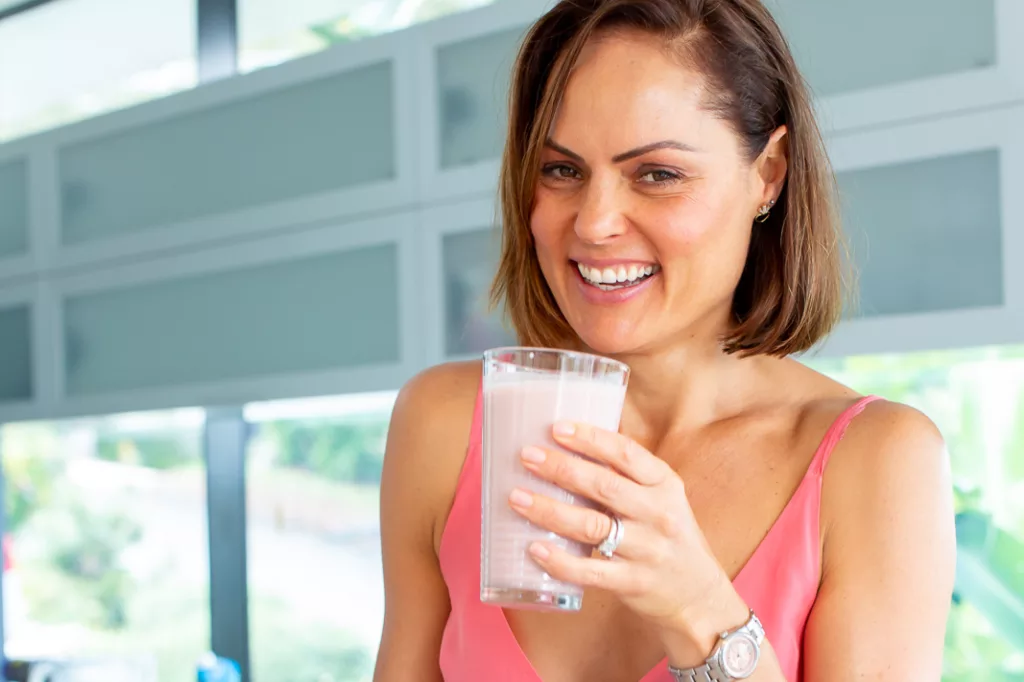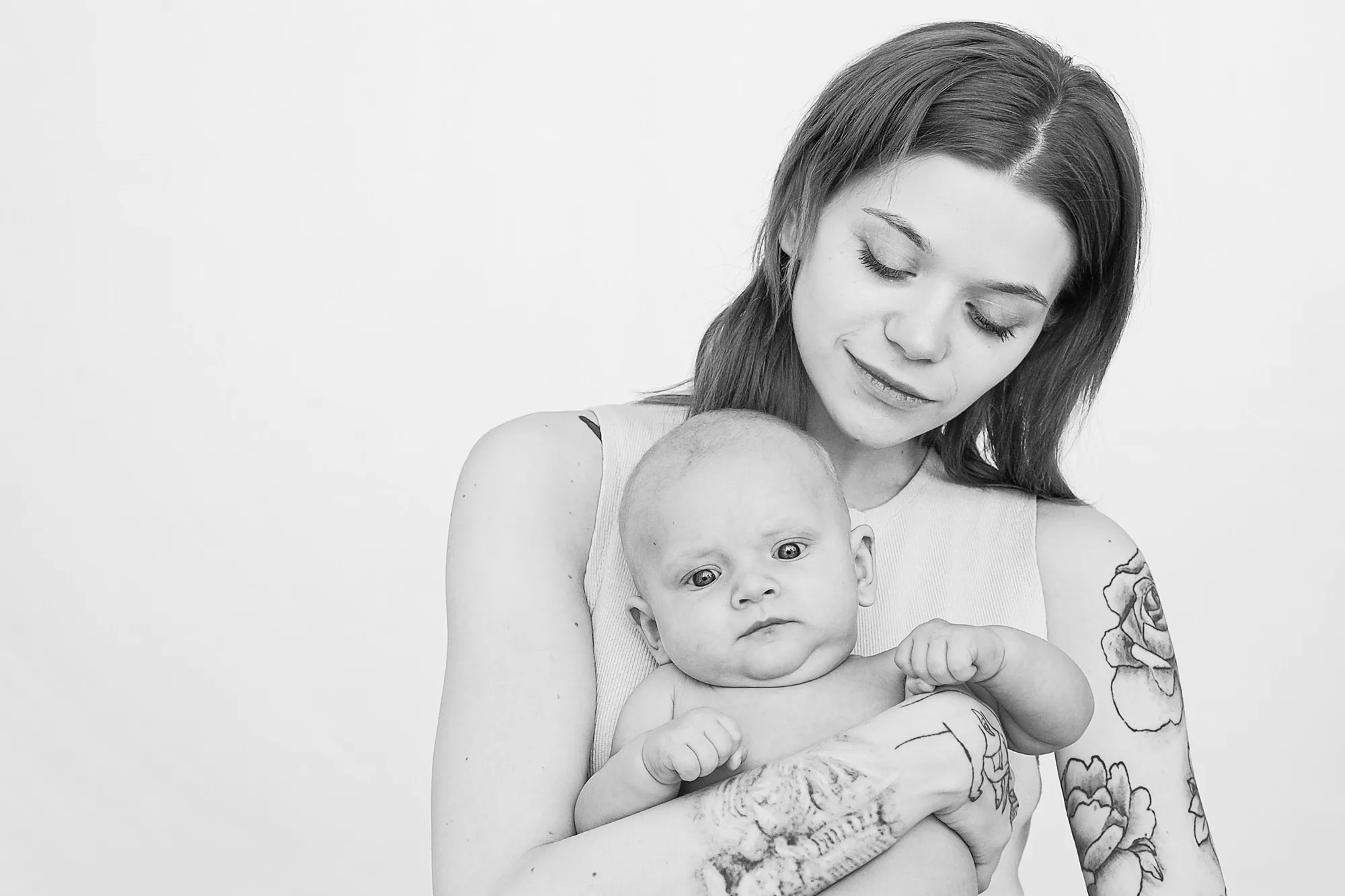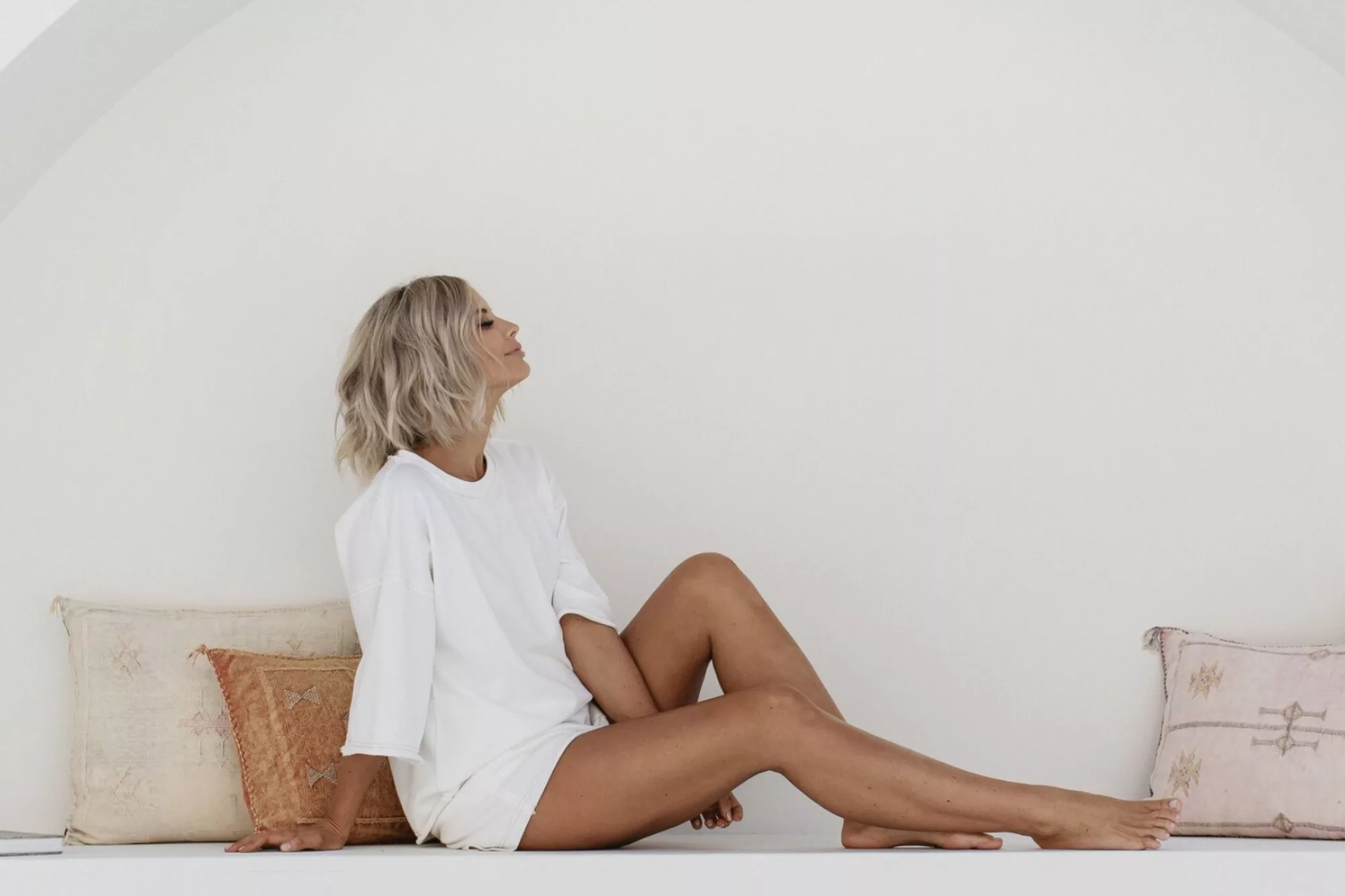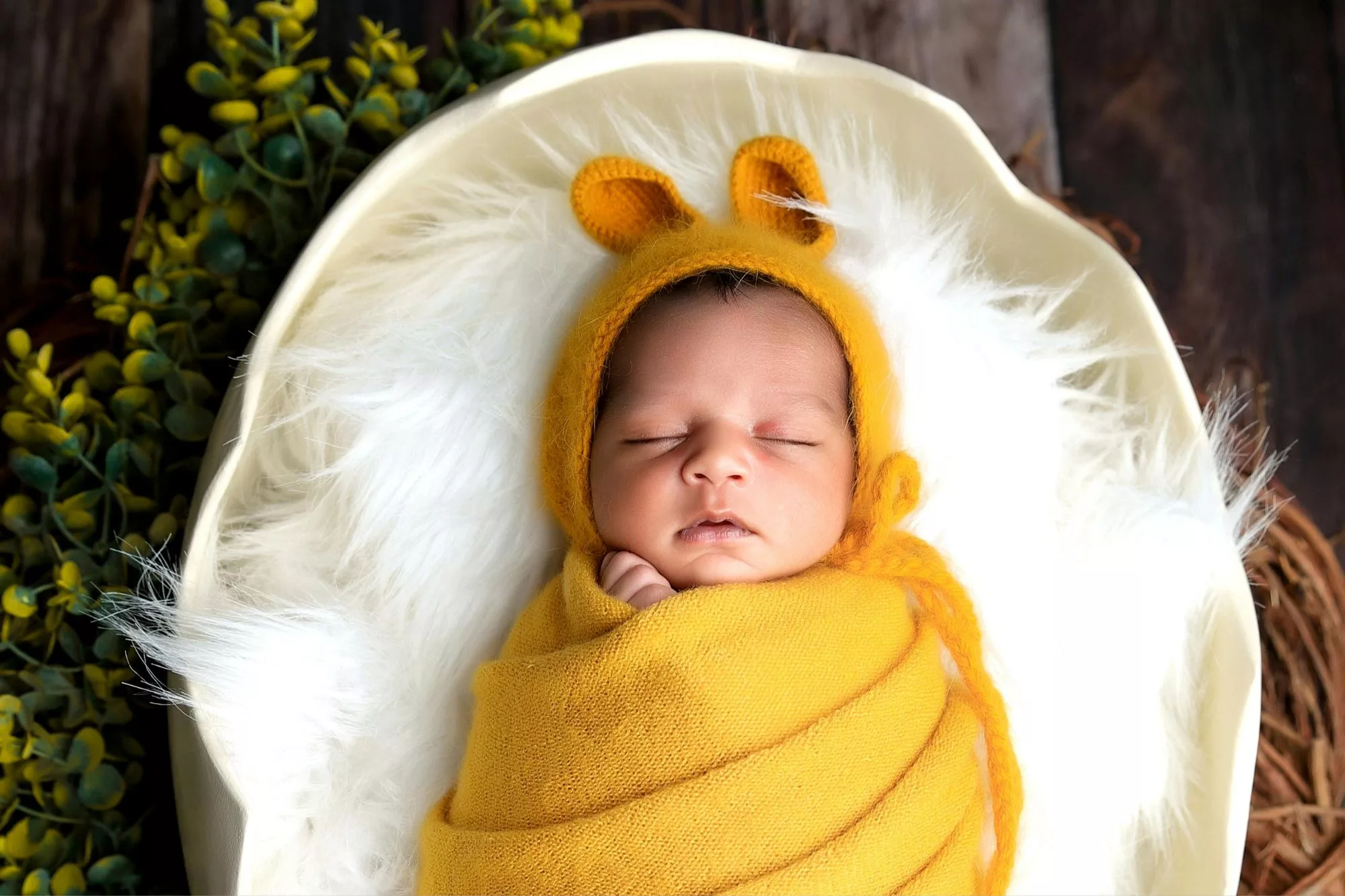From overcoming fertility challenges, postnatal depression and early menopause, Zoe Bingley-Pullin has experienced every season of the female form.
By Nicole Fuge, Mama Disrupt® Managing Editor
Zoe Bingley-Pullin is picture perfect. She’s fit, she’s healthy and she’s f*ckin gorgeous. So it would be fair to assume she’s skated through life with everyone giving her high fives along the way. But that couldn’t be further from the truth.
“I was pretty average at school. I have dyslexia and ADD, so school was quite challenging,” she says.
“But my mum was an amazing cook. And she was quite inspiring and would travel all around the world, bringing these unique flavours back and we’d cook them. It became my happy place – I felt confident. It wasn’t until I bombed out completely at school, that my dad and mum suggested that I go and study at Le Cordon Bleu in London.”
“I WENT FROM, ‘I’M SO HEALTHY I CAN DO ANYTHING’ TO ‘HOLY F*CK I’M FLAWED.’ IN THE SPACE OF SIX MONTHS I FELT LIKE I HAD FAILED AS A WOMAN.”
Finding confidence through cooking
Zoe was just 17 when she moved to England in 1996 and was the youngest person in her culinary class. And while she admits she was very green and very naive, she quickly found solace in the fact she was absolutely slaying it. A feeling Zoe had seldom experienced when it came to school life.
“It felt really natural and I was getting good results. Which was something I’d never really had through the course of my education. My confidence grew and I was blossoming as a young woman, experiencing London and living in this crazy city.”
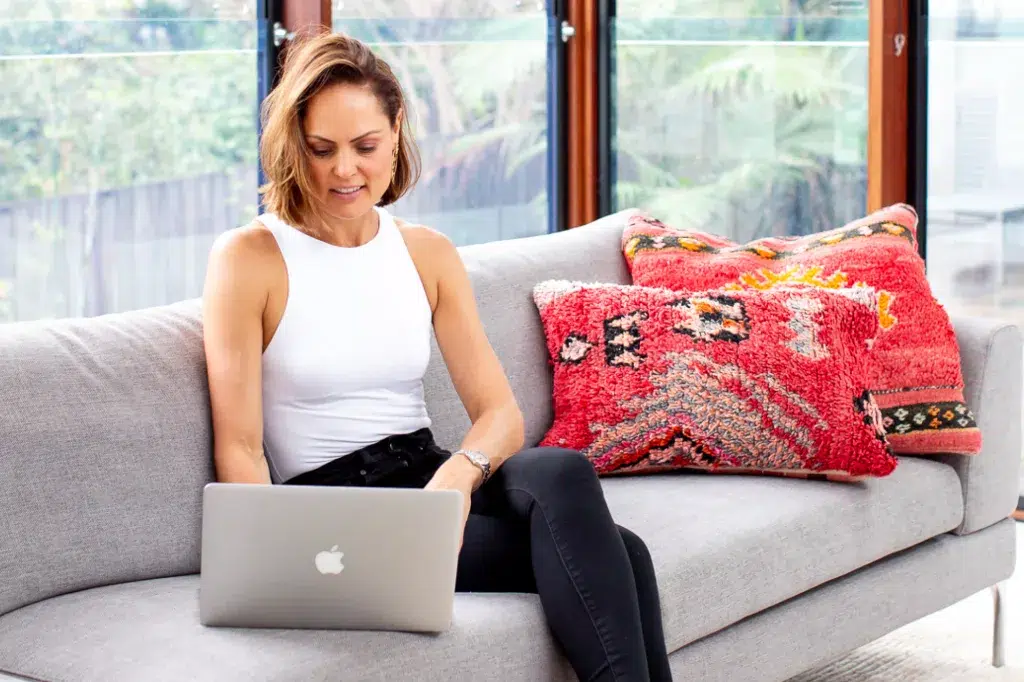
Breaking barriers
Zoe was in her early 20s when she moved back to Australia and worked in catering. She thrived in the high-stress environment. But the mix of late nights, booze and coffee soon caught up with her and she needed to get out.
Zoe turned to nutrition. And following her parents’ entrepreneurial footsteps, she opened a successful nutritional consultancy business in Sydney, where she ran educational programs for the next 14 years.
In the midst of this success, Zoe met her husband Michael, who was well connected to the media industry. He suggested she start appearing on morning TV shows. Zoe, who had already been writing for a string of magazines, says the health space wasn’t very big at the time so it was an uphill battle to get her message of health and wellness out there.
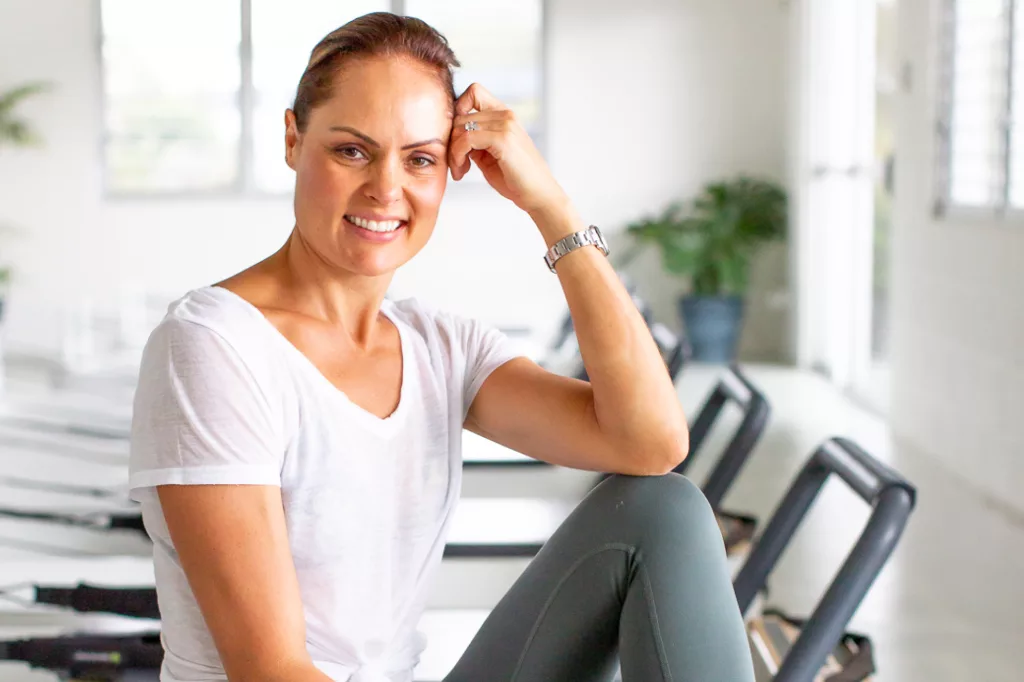
Good Chef Bad Chef
It worked. Zoe landed a spot on Good Chef Bad Chef, becoming a household name. But as her career was skyrocketing, she felt as though her personal life was falling down around her. She and Michael were trying to start a family.
“It was such hard work. I would fly down to Melbourne [for the show] on Sunday evenings and I was heavily involved in IVF. When I was 29 I had a miscarriage and they said they didn’t think there was any damage, but then we found out that I had damaged my fallopian tubes.
“I think it might have been an ectopic pregnancy – I was away at the time that the miscarriage happened, so by the time I got back to Sydney and saw my GP, all of my levels had pretty much gone back to normal, so we couldn’t really define if it was a miscarriage, but now knowing as much as I do, it definitely was one,” Zoe says.
“We then found out I had an infection in the other fallopian tube and it went from, ‘I’m so healthy I can do anything’ to ‘Holy f*ck I’m flawed.’ In the space of six months I felt like I had failed as a woman. It felt humiliating because I thought I could cruise into this. I thought because I was so healthy I’d be fine. It really was quite confronting. We then found out that I had a really low egg count as well, so it was like bang, bang, bang.”
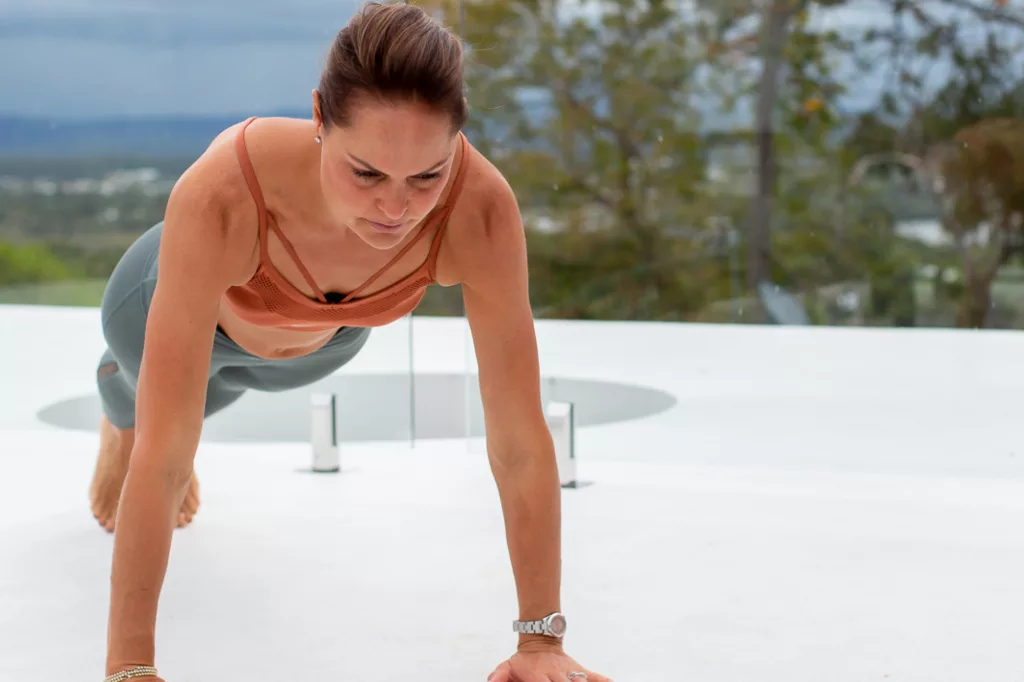
Burning out and breaking down
With Michael in Sydney and Zoe in Melbourne, she says she felt scared, isolated and overwhelmed by constant fertility failures. And it changed her.
“I was constantly feeling like I couldn’t do this and that because that would affect the IVF. I was slightly borderline OCD neurotic as it was and this amplified it through the roof. Now on reflection, that caused low-lying depression and anxiety, which kind of never left because I didn’t really know what it was.
“I thought it was because of extra hormones, but what it was was constant fatigue burnout – there was no ‘off’ during any of this emotionally or spiritually. Nothing was getting soothed, nourished, and nothing had resolution.”
Sadly after another miscarriage, five years and six full cycles of IVF, Zoe finally fell pregnant with Emily. And after such an intense period of trying to fall pregnant, Zoe says that intensity actually made her a super chilled mama in the early years.
“Then as I started to go back to work, as a parent that’s when it all kind of unravelled for me. For a lot of women, postnatal depression happens from the outset, but for me that depression happened at around two-and-a-half because it was when I was trying to resume a life,” she says.
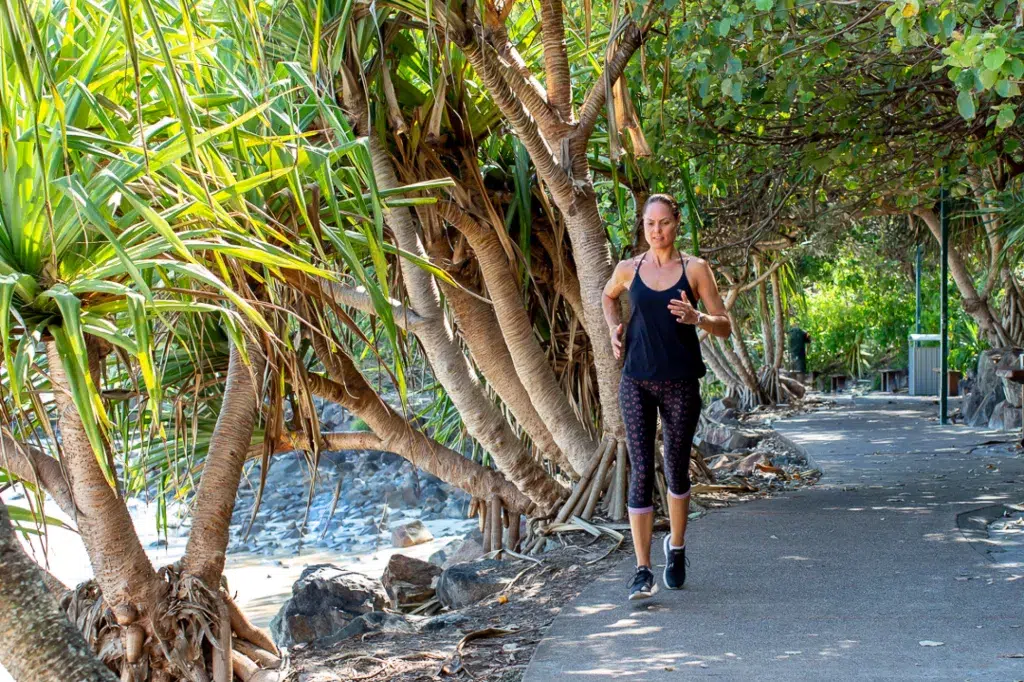
‘You can’t have a baby and you’re also old’
Zoe needed to breathe. So she started to walk everywhere because it got her outside and talking to people – because as we all know, motherhood can be very isolating, especially if you’re used to being around people at work all the time and then all of a sudden you’re a mum at home.
Wanting to add to their brood, Zoe and Michael tried to fall pregnant again and had another miscarriage. This one far more traumatic than the others.
“I found out I had an anembryonic pregnancy, which is where the sac is growing but there’s no embryo. I was advised to let myself miscarry naturally, not have a D&C, which meant I went through four months of the symptoms of pregnancy and when I finally miscarried, I hemorrhaged and was taken to hospital.”
While that may have been enough to halt a couple’s dreams, they wanted to try one more time and went to see the fertility specialist who told Zoe she was perimenopausal.
“It felt like a double whammy – no you can’t have a baby and you’re also old, that’s what I heard,” she says.
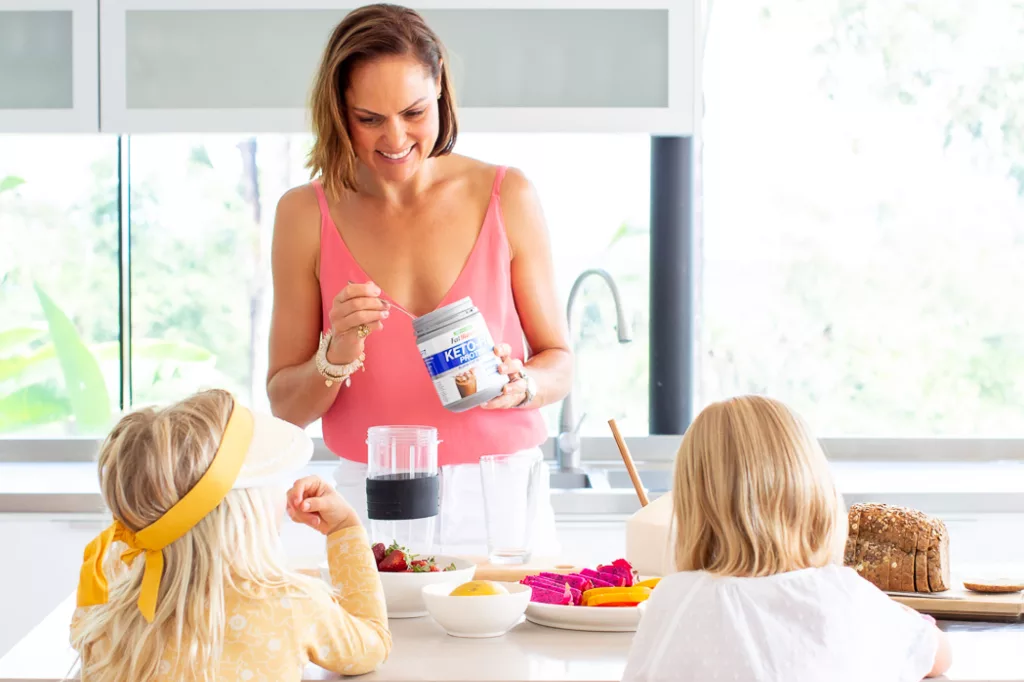
Healing through nutrition
Aged just 39, Zoe was bewildered and over the next four years became so severely burnt out that she contracted Ross River virus, plus her immune system was completely shot.
Her goddess bod was going through serious hormonal changes and it wasn’t until she started targeting those hormones that she pulled herself out of this deep dark place.
“I went from irregular periods to virtually having no symptoms and a period again and was able to stabilise all of my hormones based on changing my nutrition. I looked at it really holistically – everything from seeing a psychiatrist to doing more yoga. I’ve done so many different things to analyse and understand what this is and how every person is different,” she says.
And that’s now where Zoe’s focus lies, in helping other women experiencing these hormonal changes.
“Yes your vagina is getting dry, don’t worry about it! All of these things we’re taking a little too seriously and we’re not working together as a team to find a solution and normalising it. It’s a beautiful pathway to femininity and womanhood; we need to unify in that.”
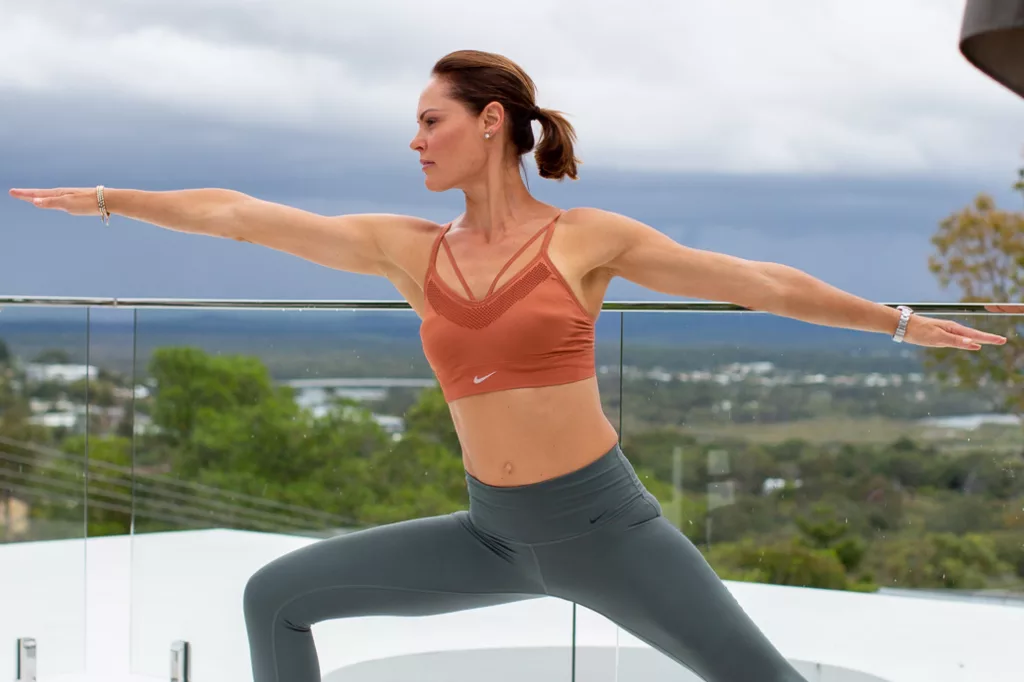
Four pillars of life
Zoe is one of the many women who are facing the new-mama juggle – raising a child and caring for an elderly parent.
“We’re living so many different lives these days and for the first time in history we’re seeing people having to look after young kids and parents at the same time. There’s a lot of pressure and I find it really important to put ME into the equation,” she says.
As part of this daily journey to self love, Zoe tries to tap into her four pillars of life – joy and happiness, education and support, health, and spirituality. That could mean anything from rocking out in the car with her six-year-old daughter, or taking five deep breaths before she goes back into the house after grocery shopping.
“Because of the craziness we live in, it’s important we have our little box of tools that can help us not f*ck up and freak out. The more you do it, the easier you can tap into it. If you’re in your head all the time you can’t live your life fully,” she says.
“As I get older, the most important thing is the switching off part, so it doesn’t matter how much I’m doing, every day I need to have a moment to switch off.”
Sign up to our newsletter for weekly mama goodness delivered straight to your inbox, like the VIP that you are.

